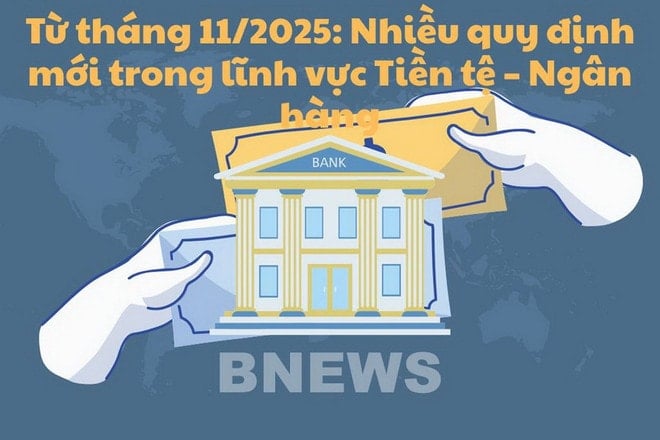
Credit institution rating according to new standards
On September 10, 2025 , the State Bank of Vietnam issued Circular No. 21/2025/TT-NHNN regulating the rating of credit institutions and foreign bank branches, effective from November 1, 2025.
According to the Circular, the ranking is carried out annually, based on criteria on capital safety, asset quality, management capacity, business results and liquidity.
The goal is to comprehensively assess the financial "health" of credit institutions, increase transparency in banking operations, and create a basis for management agencies to take appropriate supervisory measures.
The rating results are divided into many levels, which are the basis for considering licensing network expansion, deploying new products and services, and determining the level of risk in credit management.
Commercial banks, especially foreign bank branches, are required to prepare documents and review their internal management and control systems to meet the new criteria.
Strengthening anti-money laundering management in the banking sector
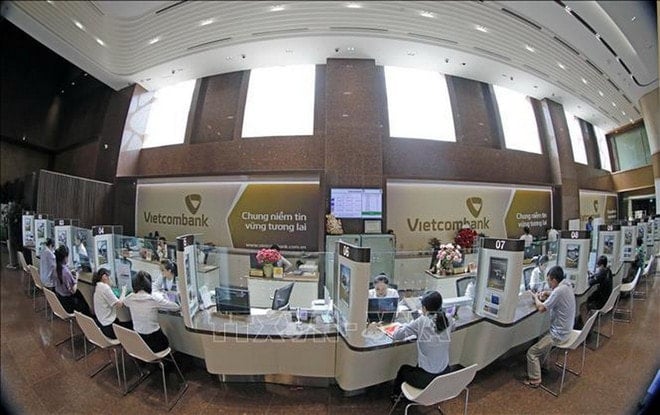
On September 15, 2025, the State Bank of Vietnam issued Circular No. 27/2025/TT-NHNN guiding the implementation of a number of articles of the Law on Anti-Money Laundering 2022. The Circular takes effect from November 1, 2025.
Under the new regulations, credit institutions, payment intermediaries, e-wallets and financial exchanges must conduct periodic money laundering risk assessments, classify customers according to risk levels, and report electronic money transfer transactions to the Anti-Money Laundering Department under the State Bank.
In addition, the circular requires mandatory reporting of large value transactions, suspicious transactions or cross-border money transfers, ensuring more transparent monitoring and control of cash flows. Data on these transactions must be stored for at least 05 years and provided upon request for inspection and investigation purposes.
Banks are allowed to deliver and receive gold bars from November 15, 2025
This content is regulated in Circular No. 33/2025/TT-NHNN amending and supplementing Circular No. 17/2014/TT-NHNN regulating the classification, packaging and delivery of precious metals and gemstones. The Circular takes effect from November 15, 2025.
Accordingly, from this point on, the State Bank and credit institutions are allowed to deliver and receive gold bars according to purchase, sale or processing contracts. The delivery and receipt must be carried out in accordance with the correct procedures, with legal documents, clear seals and responsibility for the quality and quantity of gold bars.
The Circular also specifies the gold classification standards into 3 groups: jewelry - fine art gold (8 Karat content or more), gold bars (with clear codes, parameters, and standards) and raw gold (in the form of bars, grains, and pieces). Gold bar packaging must be anti-counterfeit according to the standards of commercial banks or businesses licensed to produce gold bars.
Notably, gold packaging and sealing are regulated more strictly: gold bars of the same quality are packed in lots of 100 or multiples of 100 pieces (maximum 500 pieces), raw gold is packed in lots of 5 or multiples of 5 bars (maximum 25 bars), in stainless metal boxes, sealed and clearly labeled with verification information.
Amendments to regulations on cashless payment services
The State Bank of Vietnam has just issued Circular No. 30/2025/TT-NHNN dated September 30, 2025, amending and supplementing a number of articles of Circular No. 15/2024/TT-NHNN regulating the provision of non-cash payment services. The Circular takes effect from November 18, 2025, except for the provision in Clause 2, Article 7, which will take effect from April 1, 2026.
Accordingly, Circular 30/2025 supplements regulations on customer identity authentication, requiring individuals who are Vietnamese citizens to present their citizen identification card or level 2 electronic identification; for foreigners residing in Vietnam, they must have a passport, equivalent documents or level 2 electronic identification when using the service.
In addition, the Circular tightens the responsibility of payment service providers in handling complaints and denunciations of violations, and requires ensuring that the online payment system is not interrupted for more than 4 hours/year.
If the downtime exceeds 30 minutes or the maintenance is unannounced, the unit must report to the State Bank within 4 hours and submit a detailed report within 3 working days.
According to VNASource: https://baohaiphong.vn/nhung-chinh-sach-moi-lien-quan-den-tien-te-ngan-hang-co-hieu-luc-tu-thang-11-524902.html


![[Photo] National Assembly Chairman Tran Thanh Man received a delegation of the Social Democratic Party of Germany](https://vphoto.vietnam.vn/thumb/1200x675/vietnam/resource/IMAGE/2025/10/28/1761652150406_ndo_br_cover-3345-jpg.webp)



![[Photo] Prime Minister Pham Minh Chinh chaired a meeting to discuss solutions to overcome the consequences of floods in the central provinces.](https://vphoto.vietnam.vn/thumb/1200x675/vietnam/resource/IMAGE/2025/10/29/1761716305524_dsc-7735-jpg.webp)
![[Photo] Flooding on the right side of the gate, entrance to Hue Citadel](https://vphoto.vietnam.vn/thumb/1200x675/vietnam/resource/IMAGE/2025/10/28/1761660788143_ndo_br_gen-h-z7165069467254-74c71c36d0cb396744b678cec80552f0-2-jpg.webp)
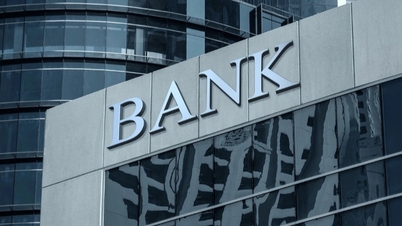






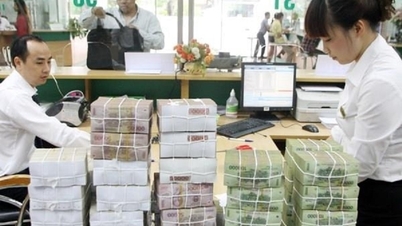





















![[Photo] Draft documents of the 14th Party Congress reach people at the Commune Cultural Post Offices](https://vphoto.vietnam.vn/thumb/1200x675/vietnam/resource/IMAGE/2025/10/28/1761642182616_du-thao-tai-tinh-hung-yen-4070-5235-jpg.webp)






















































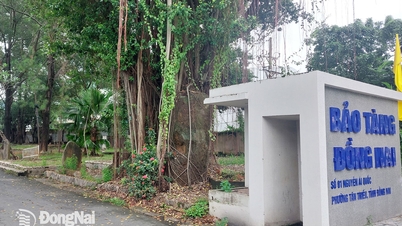

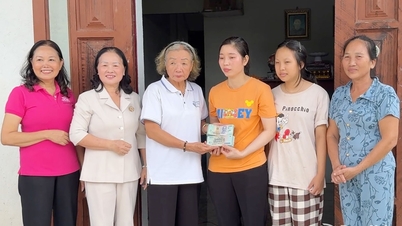
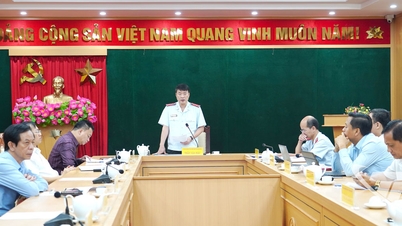













Comment (0)